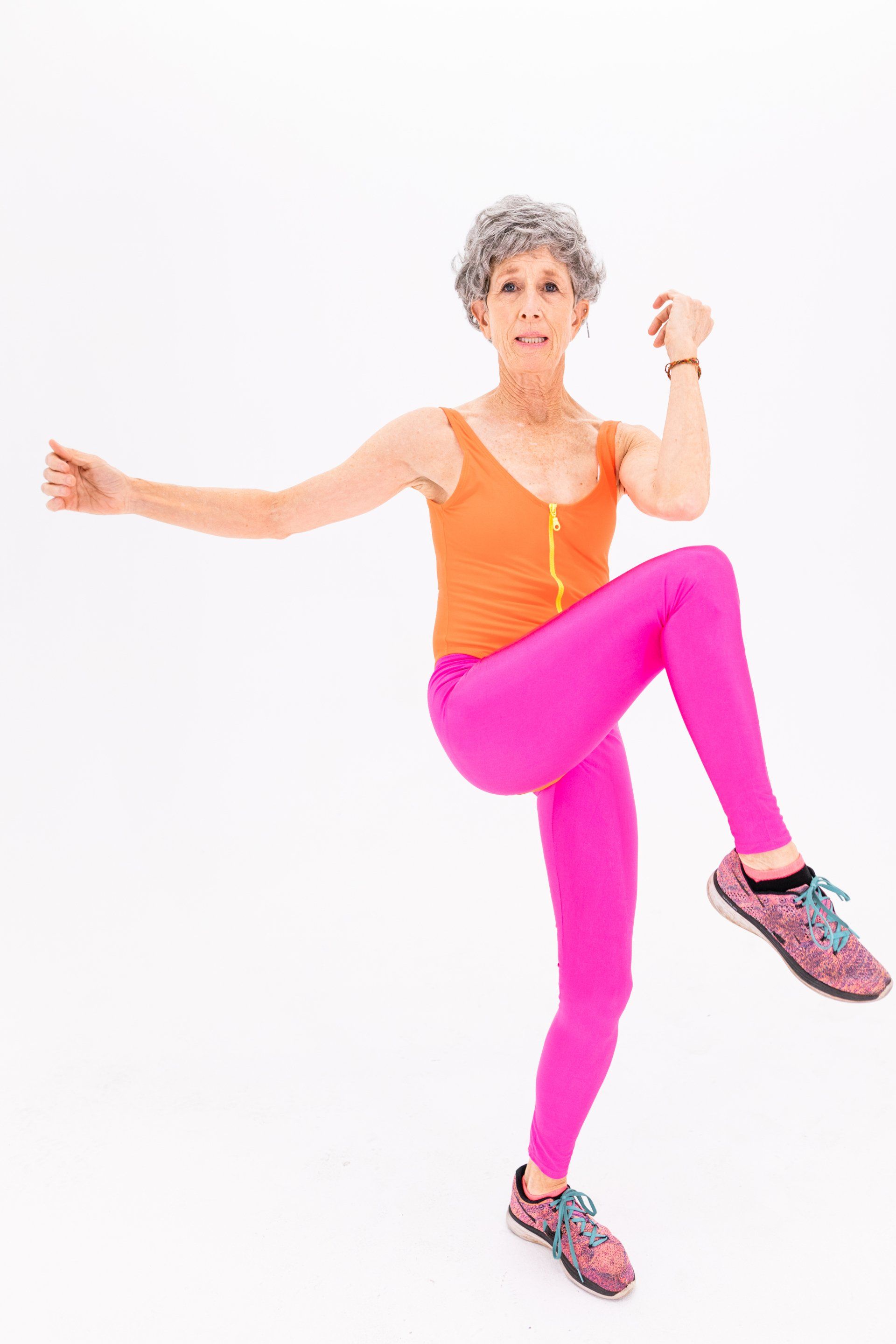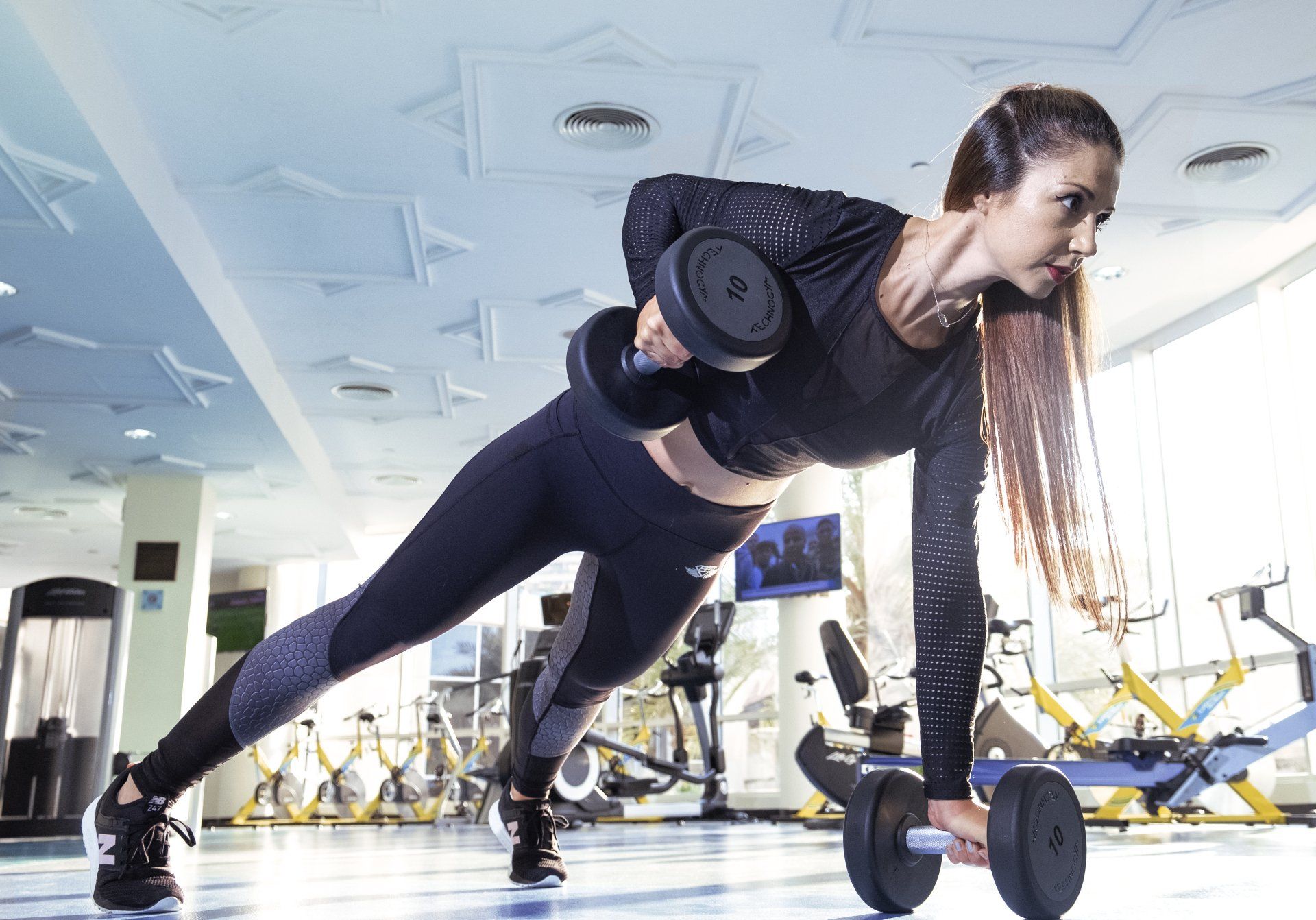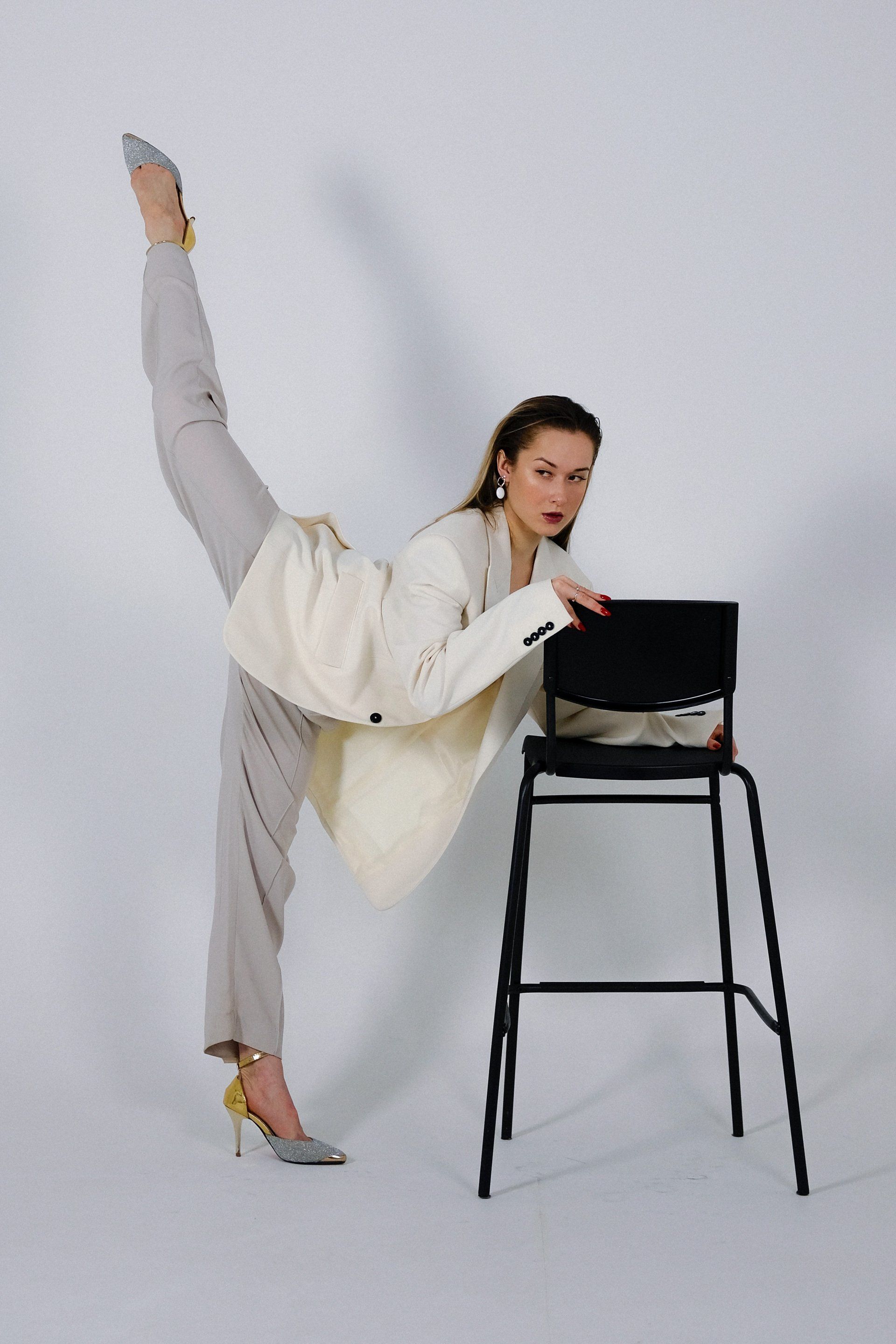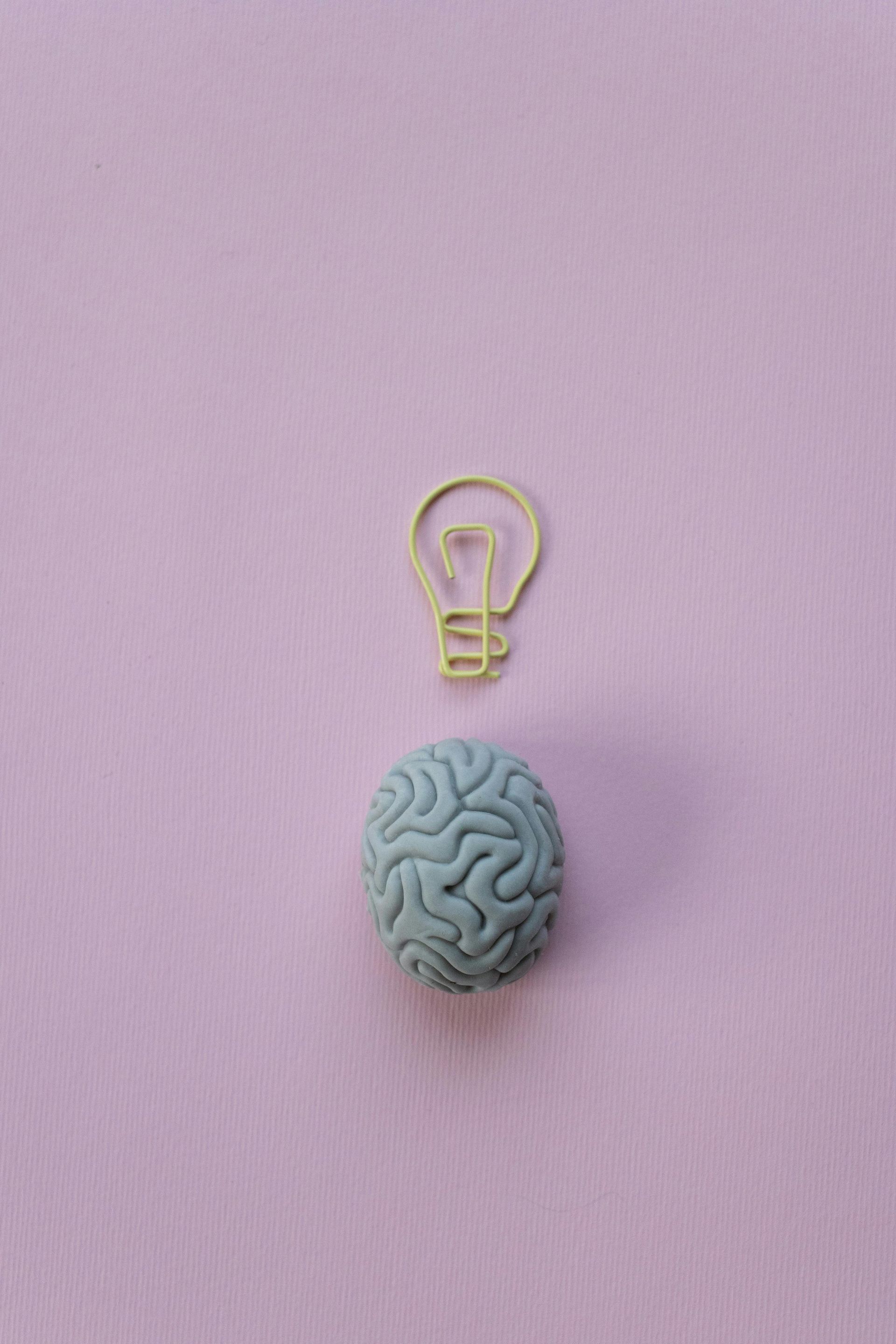Aerobic or cardio exercise is anything that raises your heart rate -
The UK's physical activity guidelines suggest that you should aim for either 150 minutes per week of moderate exercise (or 30 minutes five times per week); or 75 minutes of vigorous activity.
It doesn't need to be complicated and it doesn't need to all be in one go. You could do 2 x 15 minute sessions instead of 1 x 30 minute.
Some great examples of moderate cardio exercise:
- Walking briskly;
- Leisurely swim;
- Cycling on flat terrain;
- Dancing (why not try one of the Dance classes on my timetable?);
- PiYo with me on Saturday mornings
If you're short on time 75 minutes per week of vigorous exercise will also get you to your guidelines.
Want some ideas of things to try? How about
- Jogging or running
- Cycling on hilly terrain;or at more than 10 mph; a spinning class
- HIIT class (these are usually 30 mins)
- Step class with me in Monday & Saturday mornings.
Of course, you can do a mix of the two with a rule of thumb that one minute of vigorous exercise is worth two of moderate.
Whichever you choose, do something that you at least vaguely enjoy. Check out the TT here













